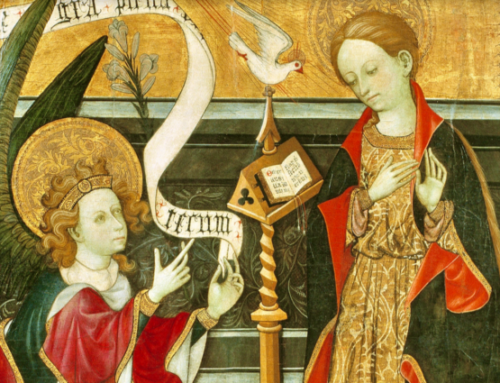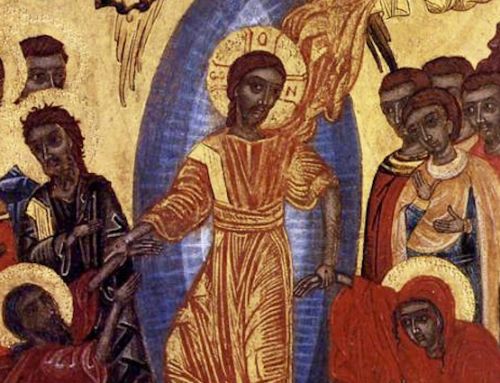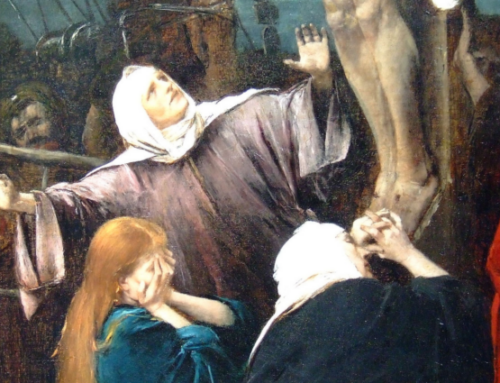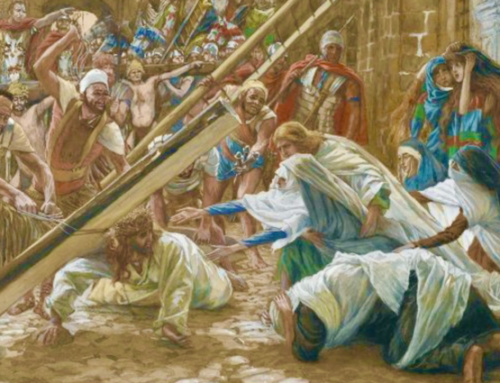 Beethoven wrote “Adelaide,” a song for solo voice and piano, between 1794 and 1796, when he was in his mid-twenties. The text of the song is a poem in German by Friedrich von Matthisson, to whom Beethoven dedicated the work and to whom he wrote after its completion: “My most ardent wish will be fulfilled if you are not dissatisfied with the manner in which I have set your heavenly ‘Adelaide’ to music.” The poem’s theme of yearning for an unattainable woman clearly appealed to the young Beethoven, who would make this theme the animating one of his love life.
Beethoven wrote “Adelaide,” a song for solo voice and piano, between 1794 and 1796, when he was in his mid-twenties. The text of the song is a poem in German by Friedrich von Matthisson, to whom Beethoven dedicated the work and to whom he wrote after its completion: “My most ardent wish will be fulfilled if you are not dissatisfied with the manner in which I have set your heavenly ‘Adelaide’ to music.” The poem’s theme of yearning for an unattainable woman clearly appealed to the young Beethoven, who would make this theme the animating one of his love life.
The central melody of the song is clearly borrowed from the middle movement of Mozart’s Piano Quartet No. 1 in G minor, K. 478, written a decade earlier—so much so that a listener ignorant of the two compositions might, upon first hearing both, think Mozart’s a straightforward transcription of the song.
“Adelaide” was one of Beethoven’s most popular songs during his lifetime and for decades after his death. Like most German art songs of Beethoven’s era, however, it is regrettably not well known today.
English translation
Your friend wanders alone in the garden of spring,
Gently bathed in lovely magical light,
Which shimmers through the swaying branches of flowers:
Adelaide!
In the reflection of the river, in the snows of the Alps,
In the golden clouds of sinking day,
In the fields of stars thy face beams forth,
Adelaide!
Evening breezes whisper through the tender leaves
The silver bells at Maytime rustle in the grass,
Waves roar and nightingales sing,
Adelaide!
Some day, o miracle! a flower will blossom,
Upon my grave from the ashes of my heart;
And clearly on every violet petal will shine:
Adelaide!
Original German
Einsam wandelt dein Freund im Frühlingsgarten,
Mild vom lieblichen Zauberlicht umflossen,
Das durch wankende Blüthenzweige zittert,
Adelaide!
In der spiegelnden Flut, im Schnee der Alpen,
In des sinkenden Tages Goldgewölke,
In Gefilde der Sterne strahlt dein Bildnis,
Adelaide!
Abendlüftchen im zarten Laube flüstern,
Silberglöckchen des Mais im Grase säuseln,
Wellen rauschen und Nachtigallen flöten,
Adelaide!
Einst, o Wunder! entblüht auf meinem Grabe,
Eine Blume der Asche meines Herzens.
Deutlich schimmert auf jedem Purpurblättchen:
Adelaide!
This essay is part of a series commemorating the 250th anniversary of the birth of Ludwig van Beethoven.
The Imaginative Conservative applies the principle of appreciation to the discussion of culture and politics—we approach dialogue with magnanimity rather than with mere civility. Will you help us remain a refreshing oasis in the increasingly contentious arena of modern discourse? Please consider donating now.
The featured image is “Madame Adélaïde de France Tying Knots” by Jean-Marc Nattier and is in the public domain, courtesy of Wikimedia Commons.







This is so beautiful. I had never heard it and am so thankful for the new “touch” with Beethoven.
I’ve been playing a piano/clarinet duet of this terrific song and it means much more knowing its background. Thank you so much!